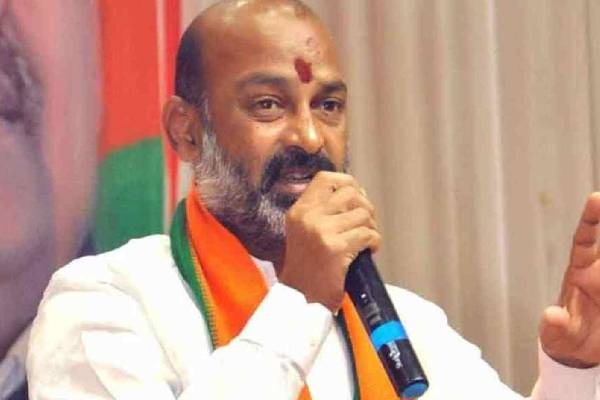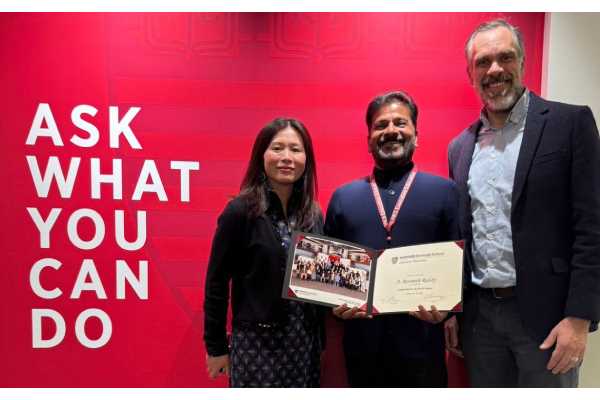In a surprising policy shift, former US President Donald Trump has announced a proposal to grant automatic green cards to foreign students who graduate from US colleges. This announcement, coming just months before the 2024 US elections, has sparked considerable debate about its feasibility and whether it represents a genuine policy initiative or a political maneuver to attract votes.
The Proposal:
Trump’s proposal aims to simplify the immigration process for international students by automatically granting them green cards upon graduation. This move could significantly impact the lives of thousands of foreign students studying in the US, providing them with a straightforward path to permanent residency and potentially boosting the US economy by retaining skilled graduates.
Trump’s Rationale
During the announcement, Trump explained that many Indian and Chinese students are moving back to their home countries and starting companies that create thousands of jobs. By granting them green cards, Trump argues that these entrepreneurial talents could instead establish their businesses in the US, generating jobs domestically.
Feasibility of Implementation: Economic and Social Benefits
The economic rationale behind the proposal is strong. Retaining foreign graduates can help fill skill gaps in the US labor market, particularly in STEM fields. These graduates often contribute to innovation, research, and the overall economy. Moreover, by making the US a more attractive destination for international students, the proposal could enhance the country’s global competitiveness in education.
Implementation Challenges: Legislative and Administrative Challenges
However, the feasibility of implementing such a policy faces several hurdles:
Legislative Approval: Immigration policies require congressional approval. Given the current polarized political climate, garnering bipartisan support for such a significant policy change could be challenging. While some lawmakers may support the economic benefits, others may raise concerns about the potential impact on domestic job markets and broader immigration policies.
Administrative Implementation: The US immigration system is complex and often slow-moving. Implementing a streamlined process for granting green cards to graduates would require substantial administrative changes. This includes ensuring that the necessary infrastructure and resources are in place to handle the increased volume of applications and verifying the credentials of graduates.
Government Agencies’ Role: Agencies such as the Department of Homeland Security (DHS) and the United States Citizenship and Immigration Services (USCIS) would play critical roles in implementing this policy. Any resistance or logistical challenges from these agencies could delay or complicate the process.
Potential Drawbacks of this Proposal:
Impact on Domestic Job Market:
Critics argue that not all foreign graduates start companies. Many compete with American citizens for jobs, potentially disadvantaging native workers who form a significant voter base for Trump’s party. This aspect raises concerns about the broader implications of the proposal on the US job market.
Selective Implementation:
There are also suspicions that Trump might limit this green card facility to graduates from elite institutions like MIT or Harvard, akin to how some Indian politicians apply numerous filters to their schemes post-election. Such a selective approach could undermine the broader promise of the policy and restrict its benefits to a small, privileged group.
Political Stunt or Genuine Policy?
Given the announcement’s timing, it is plausible to view this proposal as a strategic move to garner support from young voters, immigrants, and educational institutions. Trump’s previous stance on immigration has been stringent, focusing on border security and reducing illegal immigration. This sudden shift raises questions about the sincerity of the proposal.
However, it is not uncommon for politicians to modify their positions to address changing public sentiments and electoral dynamics. The growing recognition of the economic contributions of international students and the need to retain talent in the US may have influenced this policy shift.
While the proposal to grant automatic green cards to foreign graduates from US colleges has its merits and potential benefits, its implementation faces significant legislative and administrative challenges. The timing of the announcement, just months before the 2024 elections, suggests it could be a strategic political maneuver. Whether this proposal materializes into actionable legislation, even if Trump wins, remains to be seen, as it will require navigating the complex interplay of political, administrative, and social factors.
– ZURAN (@CriticZuran)


































